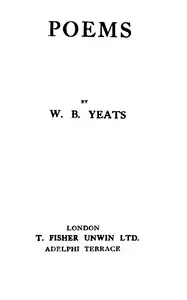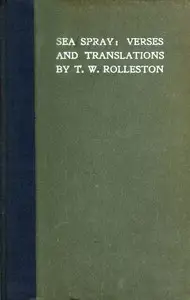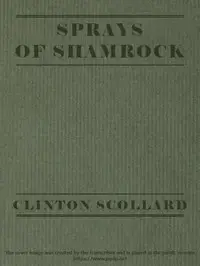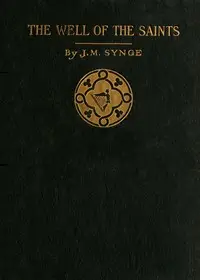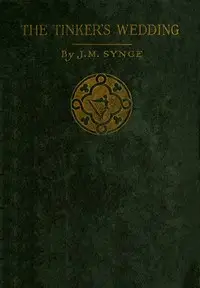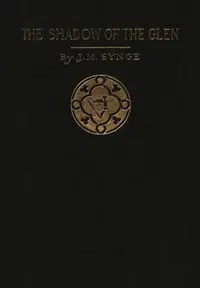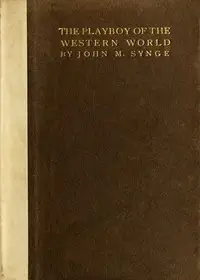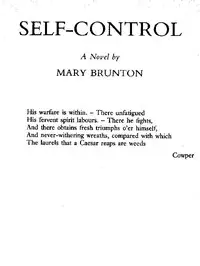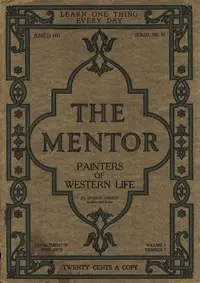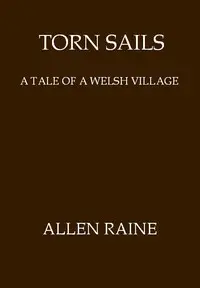"Poems and translations by J. M. Synge and Francesco Petrarca" is a poetry collection where Synge's original poems meet his translations of Petrarca's sonnets. Created in the early 1900s, the writings express feelings about nature, love, sadness, and missing things. Synge's poems show Irish life with humor and a bit of sadness, often focusing on country people and places. The translations of Petrarca's work, a famous poet from long ago, explore the themes of love that can't be reached and the hurt of losing someone, all in a graceful style. Overall the collection makes readers think about how beautiful but short life can be with a moving journey through words.
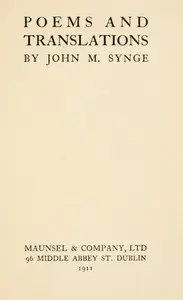
Poems and translations
By J. M. (John Millington) Synge
Experience Ireland through beautifully written poems mixed with timeless tales of lost love and longing from a masterful poet of a bygone era.
Summary
About the AuthorEdmund John Millington Synge was an Irish playwright, poet, writer, collector of folklore, and a key figure in the Irish Literary Revival. His best-known play The Playboy of the Western World was poorly received, due to its bleak ending, depiction of Irish peasants, and idealisation of patricide, leading to hostile audience reactions and riots in Dublin during its opening run at the Abbey Theatre, which he had co-founded with W. B. Yeats and Lady Gregory. His other major works include In the Shadow of the Glen (1903), Riders to the Sea (1904), The Well of the Saints (1905), and The Tinker's Wedding (1909).
Edmund John Millington Synge was an Irish playwright, poet, writer, collector of folklore, and a key figure in the Irish Literary Revival. His best-known play The Playboy of the Western World was poorly received, due to its bleak ending, depiction of Irish peasants, and idealisation of patricide, leading to hostile audience reactions and riots in Dublin during its opening run at the Abbey Theatre, which he had co-founded with W. B. Yeats and Lady Gregory. His other major works include In the Shadow of the Glen (1903), Riders to the Sea (1904), The Well of the Saints (1905), and The Tinker's Wedding (1909).


